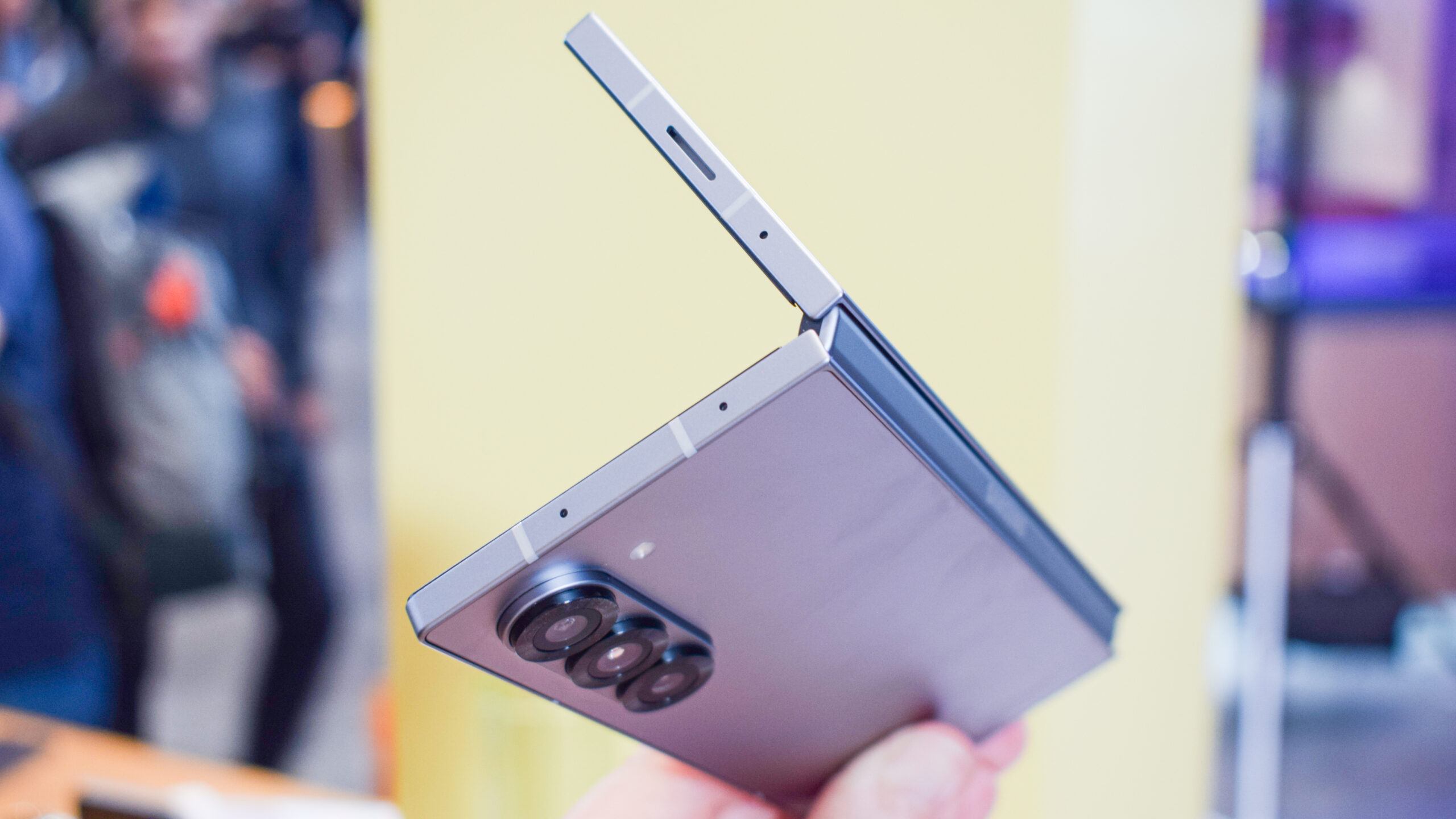I thought the Galaxy Z Fold 6 was fantastic, but Samsung’s Z Fold 7 makes me forget it ever existed
I’ve been testing the Samsung Galaxy Z Fold 7 for close to a month, and I’m convinced it might just be the best phone on the planet.
Before this, I relied on the Z Fold 7’s older sibling – Samsung’s Z Fold 6 – and I fell in love with that phone almost instantly thanks to its unique design that morphs between a phone and tablet whenever I need.
However even after 12 months of knowing how great the phone is, whenever I talked or wrote about the Z Fold 6, I always explained that I didn’t think it’s the right phone for most people – and if Samsung hadn’t sent us this phone for testing, I’d probably be using something like a Galaxy S25 or Google Pixel 9 because they offer better bang for your buck.
That’s not so much the case with the new Galaxy Z Fold 7.
Yes, it’s still a pricey beast. However, Samsung’s new foldable does a much better job of justifying its high price.
VS. Z Fold 6
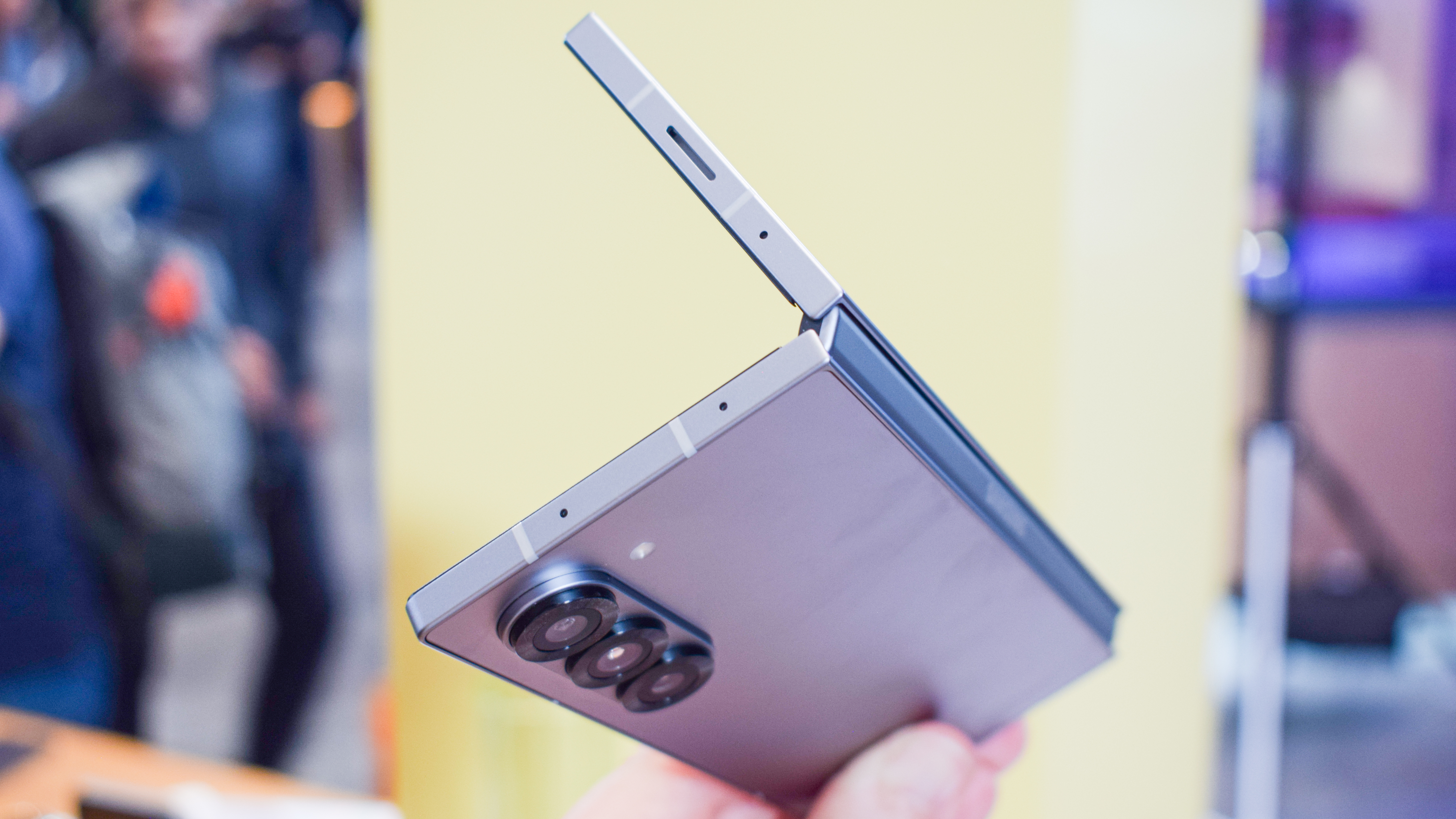
Samsung took my biggest Z Fold 6 frustrations and eliminated them with the 7.
The outer screen is now a 6.5-inch display instead of 6.3, but more importantly, the squashed aspect ratio of the Z Fold 6 has been changed to a standard 21 by 9. This means you no longer have to deal with compressed or poorly optimized apps that are cut off at the edges, since, when closed, the phone is practically indistinguishable from a standard flagship model.
When opened, you’ll unlock a larger inner screen now, too. I thought the screen on the 6 was great, but that extra space on the 7 is certainly handy for gaming, watching videos, or being productive.
This phone is also impressively slim.
At 8.9mm thick – when folded – the phone is just 0.7mm thicker than a Samsung Galaxy S25 Ultra. Despite my fiancée being used to seeing me open up my phone, she audibly gasped when I did it with the Z fold 7 for the first time, as until that moment, she thought I was testing a standard single-screen phone.
It might only be 3.2mm thinner than the Z Fold 6, and 24g lighter too, but these seemingly small savings make a world of difference in how easy the phone is to handle day in and day out.
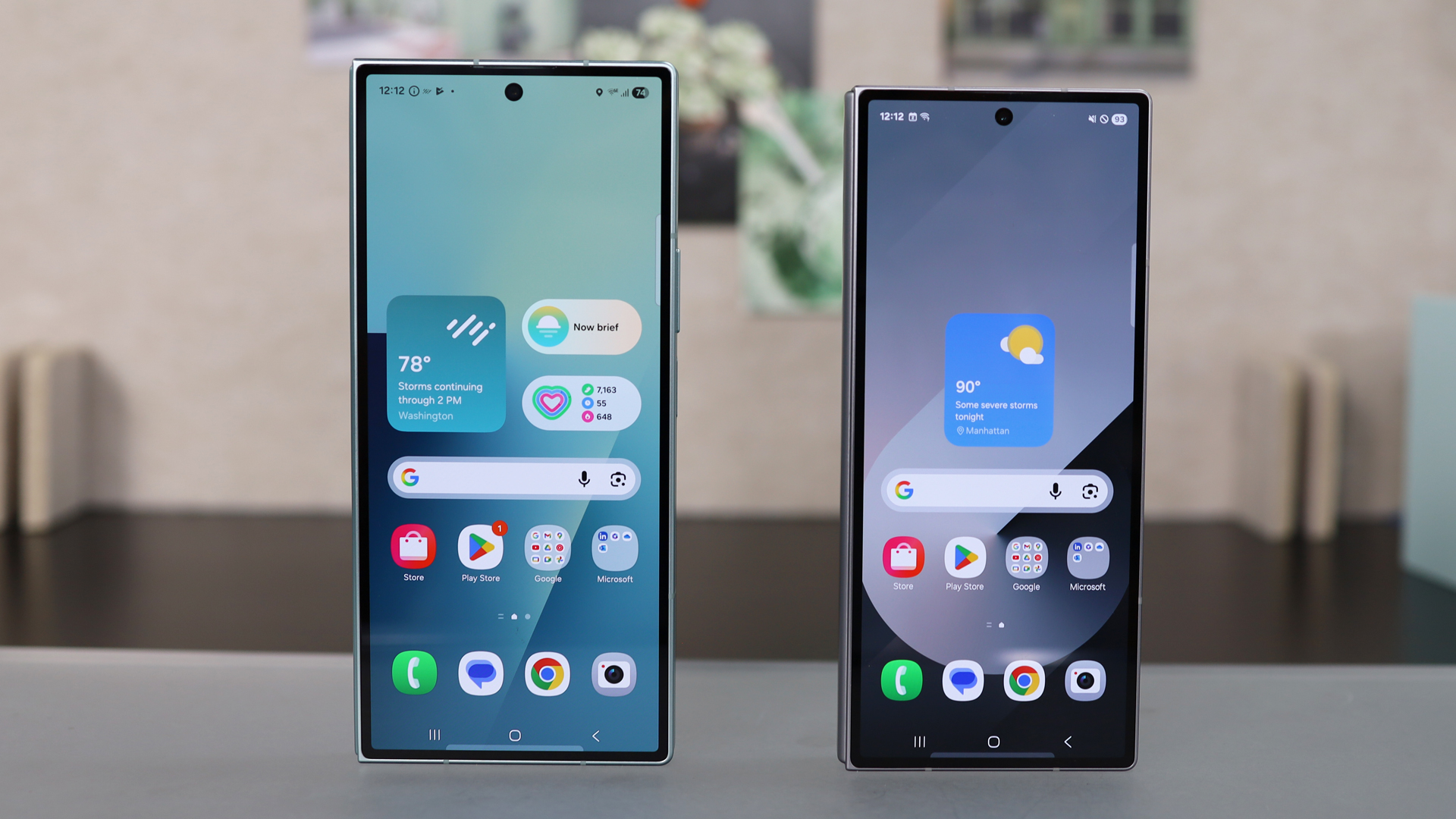
The real world of change comes from the cameras.
While on paper its 12MP ultra wide and 10MP 3X optical zoom lenses don’t look to be any better than what the Galaxy Fold 6 gave us, Samsung says some other hardware tweaks have been made to improve their image quality, which does look to be the case.
But where there’s no doubt that the Z Fold 7 is better with its 200MP main sensor, the same megapixel count you’ll get from Samsung’s S25 Ultra.
I’ll get back to this Ultra comparison in a minute, but know that the camera array on the Z Fold 7 is close to perfection for casual photographers like me.
Selecting this 200MP option allows the phone to produce high-resolution photos that you can crop as needed, or by using the 50 or 12MP options, I can snap a photo that uses pixel binning and other software tricks to enhance the clarity, contrast, and colors of my snaps.
The selfie cameras have been improved too, with the biggest change being that the inner selfie cam is now 10MP – replacing a 4MP under-display camera, and I can’t tell you how much of an upgrade this is.
And while it is now a hole punch, it’s never all that distracting.
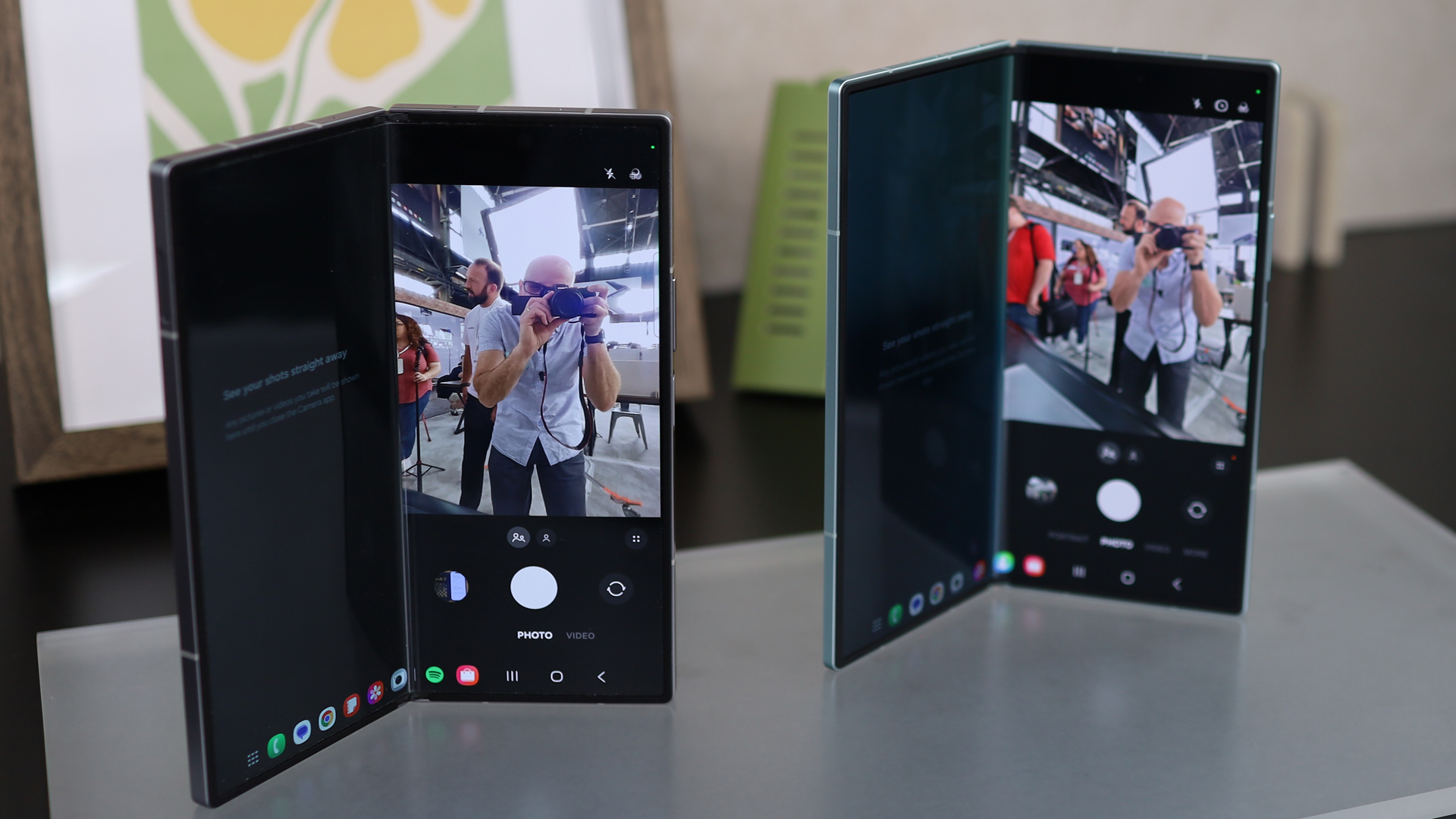
Not every aspect has received a major update this time around however.
The battery size of the Z Fold 7 is the same as the Z Fold 6, though some efficiency improvements mean that Samsung says the 7 can squeeze out an extra hour in its tests – bringing it up to 24 hours of use.
This is still less than the Galaxy S25 Ultra’s 31-hour battery life under the same Samsung testing conditions, and I’ve found from my real-world testing that the Fold 7 does usually need a top off towards the late afternoon or evening.
It also still only boasts the same IP48 rating as the Z Fold 6.
This isn’t ideal, though I have to admit that for my day-to-day usage, the IP48 rating is plenty.
I’ve visited three sandy beaches and spent a week in the desert this past year with my foldable as my daily driver, and while I was careful not to drop it in the sand, I didn’t go overboard with a ziplock bag or anything, and my phone came away completely unscathed.
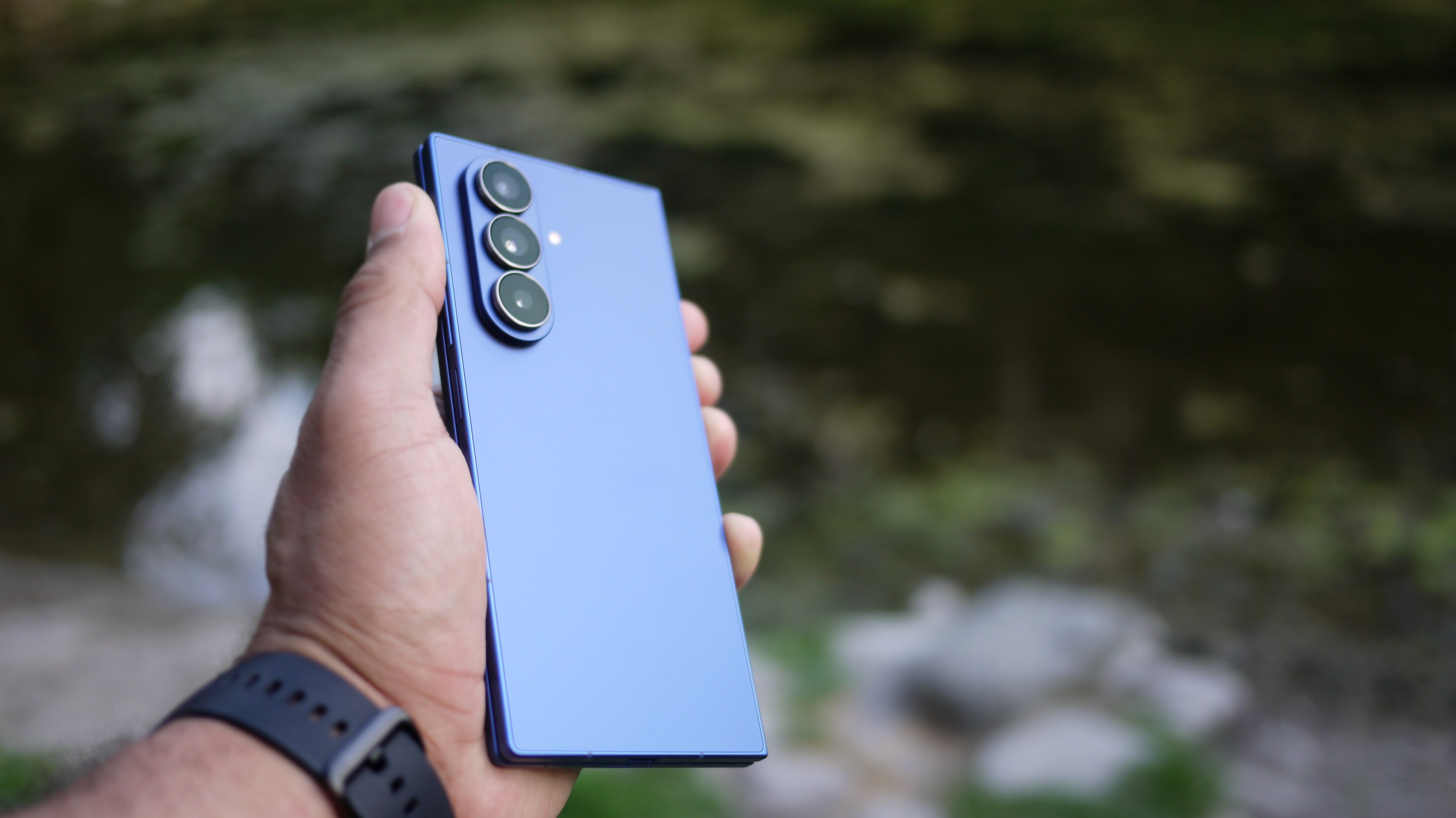
VS. S25 Ultra
Okay, I said I’d get back to the S25 Ultra, and here we are.
The Galaxy Z Fold 7 was billed as an Ultra-level phone, and in many ways, that’s true.
If you get into the nitty gritty, the Ultra does still have some advantages – chiefly its battery, camera array, and display resolution (and that it supports the S Pen, though I’ve never used a stylus with the Z Fold 6 and frankly couldn’t care less if the Z Fold 7 supported one or not) – but the gap between the Fold 7 and the S25 Ultra in these areas has shrunk from where it was with the Galaxy Z Fold 6.
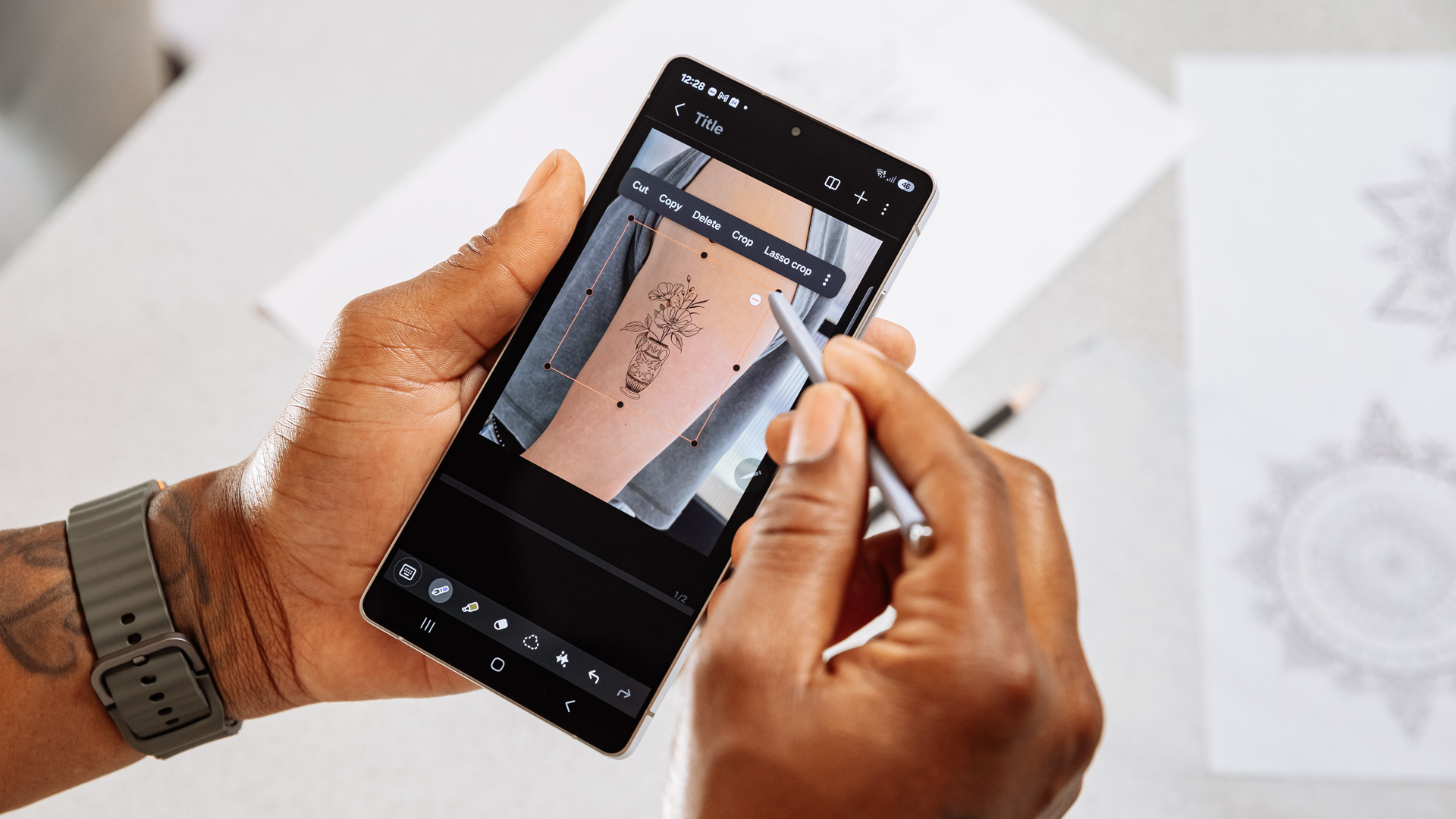
And with its massive tablet-like display, the foldable finally has enough of an edge on Samsung’s other phones for me.
I know cost will play the biggest part in deciding your next phone, but I would wholeheartedly recommend giving the Z Fold 7 some attention if your budget can comfortably stretch that far through deals or an affordable monthly contract.
Unlike the Z Fold 6, this feels like a phone you won’t regret buying. I know I’d go out and buy a Z Fold 7 – something I wasn’t able to say about the foldables that came before.
You might also like
- I’ve tried both the Google Pixel 10 Pro Fold and Samsung Galaxy Z Fold 7 – here’s why one is still the foldable leader
- The Pixel 10 may look the same as before, but what’s inside will change Android forever
- I’ve fallen in love with the Samsung Galaxy Z Flip 7’s cover screen – and it might just become my main way to use a phone
